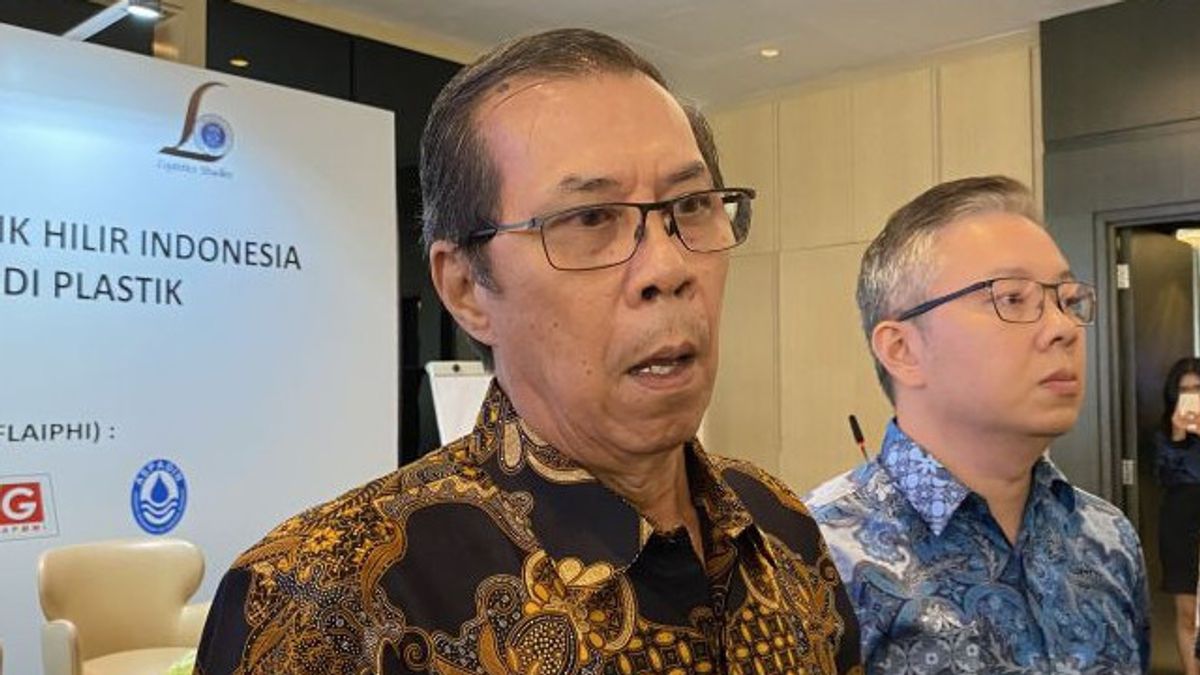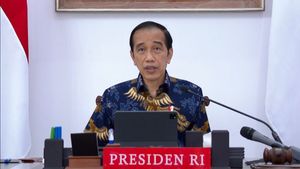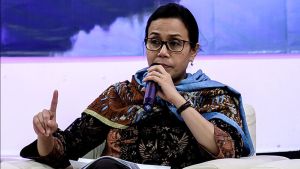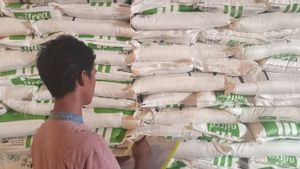JAKARTA - The downstream plastic industry players ask for protection from the government so that they can compete in the domestic market amid the onslaught of imports of plastic-made products in the country.
Spokesperson for the Cross-Forum of the Indonesian Downstream Plastic Industry Association (FLAIPHI) Henry Chevalier said the domestic upstream industrial capacity in supplying plastic raw materials has not been able to meet all domestic needs.
He said that currently the upstream industry is only able to meet about 60 percent of the local plastic raw material needs, while the rest are imported.
"If imports have other costs such as import duties. If we import from the Middle East, for example, the import fee can be up to 15 percent," he said as quoted by ANTARA, Thursday, August 15.
This high import fee, he said, further burdens the production costs of the domestic plastic industry.
This condition makes the selling price of domestic products more expensive than imported products entering Indonesia.
Meanwhile, Southeast Asian countries such as Vietnam offer far lower import duties for raw materials, even up to 0 to 3 percent.
This condition allows them to produce and export plastic products at a much lower cost, so that imported plastic products from these countries can enter the Indonesian market at a lower price.
This condition makes it difficult for the domestic downstream industry to compete with foreign downstream industries. The reason is, the cost of raw materials which reaches 66.5 percent of the total production costs is a factor determining the selling price of the final product.
The Indonesian labor wage, which is relatively higher than other Southeast Asian countries, makes it more difficult for domestic industries to compete.
The downstream plastic industry players hope that the government can provide a solution to this problem.
Henry suggested that the government provide protection to the upstream industry, but not through import duty instruments.
He assessed that the protection provided by the government through import duty rates would actually cause the price of domestic plastic raw materials to be higher and make the competitiveness of Indonesian plastic-made products relatively lower.
As a solution, FLAIPHI advises the government to implement more supportive tax policies, such as tax breaks for business entities.
"It's okay for the government to provide protection for the upstream industry. However, it should not be in the form of a tariff barrier, but a tax relief. If the tariff barrier, import duty, yes, we will die downstream," he said.
SEE ALSO:
According to data from the Central Statistics Agency (BPS), Indonesia's trade balance for downstream plastic products has always experienced a deficit in the last 10 years. Indonesia's downstream plastic trade balance deficit in 2023 reached 1.7 billion US dollars.
Indonesia's downstream plastic exports in 2023 reached 1.49 billion US dollars, while imports reached 3.27 billion US dollars. The countries from importing downstream plastic products came from China (51.9 percent), Japan (8.16 percent), Malaysia (6.4 percent), Thailand (5.3 percent), Korea (4.3 percent), and Singapore (4.2 percent).
The English, Chinese, Japanese, Arabic, and French versions are automatically generated by the AI. So there may still be inaccuracies in translating, please always see Indonesian as our main language. (system supported by DigitalSiber.id)
















